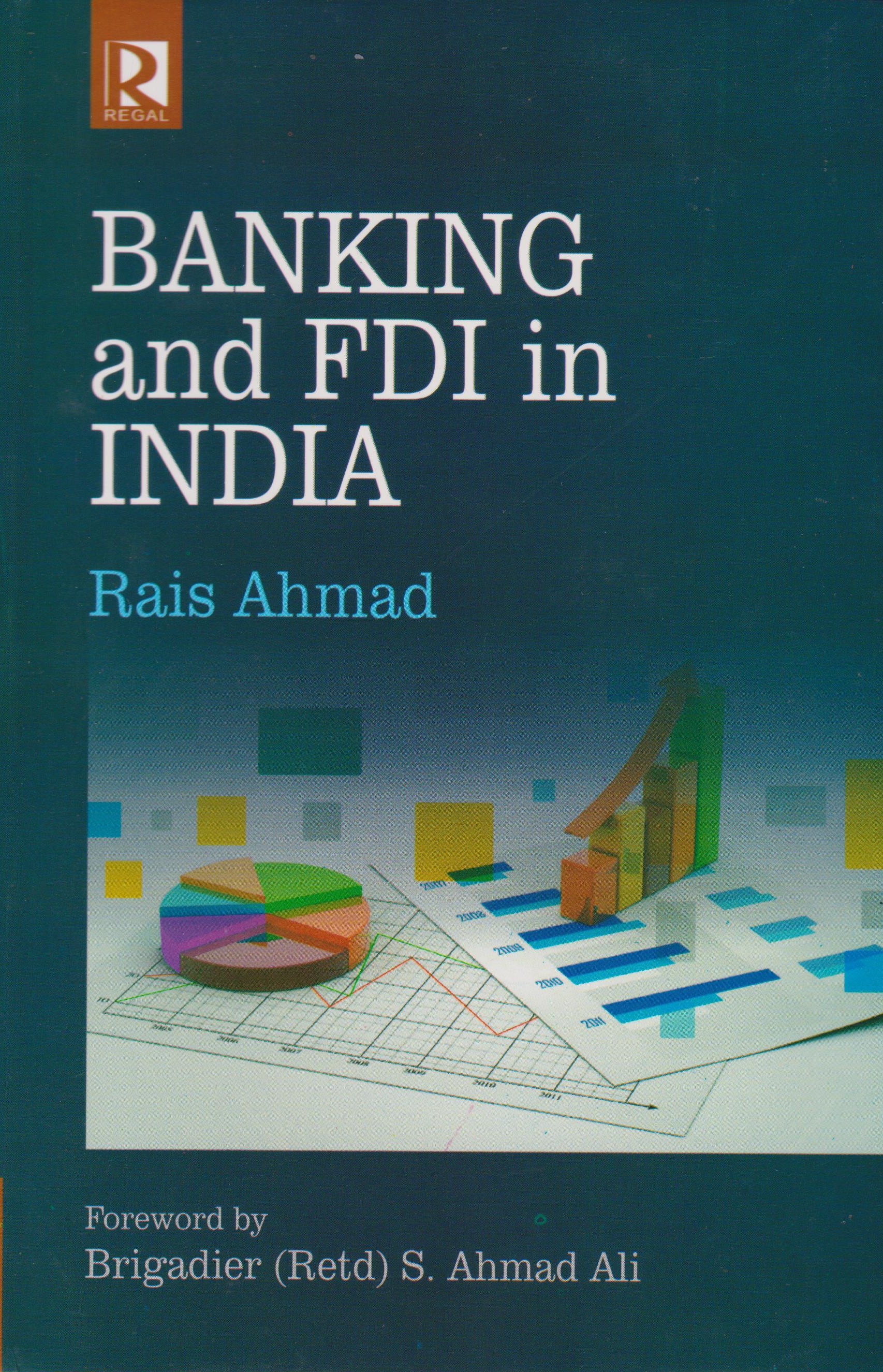Subtotal: ₹625
Corporate Disclosure Practices: Text and Case Studies (Hardcover)
Dharminder Singh UbhaOriginal price was: ₹380.₹305Current price is: ₹305.
Corporate Disclosure Practices: Text and Case Studies by Dharminder Singh Ubha is a highly recommended resource for anyone interested in understanding and implementing effective corporate disclosure practices. The book’s comprehensive coverage, practical case studies, and authoritative voice make it a valuable asset for researchers, practitioners, and students alike. Ubha’s expertise in the field of corporate governance and disclosure shines through, providing readers with a rich and insightful exploration of the subject matter.
5 in stock
Description
Corporate Disclosure Practices: Text and Case Studies, written by Dharminder Singh Ubha, offers a comprehensive examination of the disclosure practices adopted by corporations in various industries. This book provides a valuable resource for researchers, practitioners, and students interested in understanding the intricacies of corporate disclosure and its impact on business operations and stakeholder relationships. Ubha’s work combines theoretical insights with practical case studies, enabling readers to gain a deep understanding of the subject matter. In this extensive book review, we will delve into the key aspects of the book, including its summary, analysis, evaluation, comparison, interpretation, themes, characters, author background, writing style, public reception, pros, and overall verdict.
In Corporate Disclosure Practices, Dharminder Singh Ubha offers a comprehensive exploration of the various disclosure practices employed by corporations. The book begins by introducing the concept of corporate disclosure and its importance in today’s business environment. Ubha presents a detailed overview of the disclosure landscape, including the regulatory framework and reporting requirements that companies must adhere to. Furthermore, the author delves into the motivations and challenges faced by organizations when disclosing information to stakeholders.
The book goes beyond theoretical discussions and incorporates numerous case studies from real-world corporations. These case studies provide practical insights into the implementation and impact of disclosure practices in different industries. Ubha examines cases of both successful and problematic disclosures, allowing readers to understand the consequences of effective communication as well as the potential pitfalls to avoid.
Ubha’s analysis of corporate disclosure practices is both rigorous and insightful. He critically examines the motivations behind disclosure decisions and highlights the impact of these decisions on various stakeholders, including shareholders, employees, customers, and the general public. The author takes into account the complexities of different industries, acknowledging that one size does not fit all when it comes to disclosure practices.
One of the strengths of this book is the inclusion of diverse case studies that cover a wide range of industries and geographies. This approach provides readers with a nuanced understanding of the practical challenges and strategies related to disclosure. By examining real-life examples, Ubha illustrates the consequences of effective disclosure practices and the potential risks associated with inadequate or misleading disclosures.
In the landscape of books on corporate disclosure, Dharminder Singh Ubha’s work stands out for its comprehensive coverage and practical approach. Unlike some other publications that focus solely on theoretical aspects, Corporate Disclosure Practices combines theory with real-world case studies, making it a valuable resource for both academics and professionals in the field. Moreover, the book covers a wide range of industries, allowing readers to gain insights from different sectors and adapt them to their specific context.
Ubha’s work also differentiates itself by examining both successful and problematic disclosure practices. This balanced approach enables readers to understand the potential risks and challenges faced by companies in their disclosure efforts. By comparing and contrasting these case studies, readers can identify best practices and potential pitfalls, fostering a more informed and strategic approach to corporate disclosure.
Throughout Corporate Disclosure Practices, several key themes emerge, shedding light on the complex nature of corporate disclosure. Ubha highlights the tension between transparency and strategic communication, emphasizing the need for companies to find a balance that satisfies stakeholders’ information needs while protecting sensitive business interests. The author also explores the role of technology in facilitating disclosure practices, examining the benefits and challenges associated with digital reporting platforms and social media engagement.
Another recurring theme in the book is the relationship between corporate disclosure and stakeholder trust. Ubha argues that transparent and timely disclosure can enhance trust among stakeholders, ultimately leading to improved business outcomes. Conversely, inadequate or misleading disclosures can erode trust and have detrimental effects on a company’s reputation and financial performance.
As a non-fiction book focused on corporate disclosure practices, Corporate Disclosure Practices does not have traditional characters. However, the case studies presented throughout the book introduce readers to the corporations involved and provide a glimpse into their decision-making processes. This allows readers to understand the motivations, challenges, and consequences faced by these organizations in their disclosure efforts.
About the Author:
Dharminder Singh Ubha, the author of Corporate Disclosure Practices, is a renowned expert in the field of corporate governance and disclosure. With a background in finance and accounting, Ubha has extensive experience in advising organizations on disclosure practices and stakeholder communication. His academic and professional expertise brings credibility to the book, ensuring that readers benefit from a well-informed and authoritative perspective on the subject matter.
Ubha’s writing style is scholarly yet accessible, making Corporate Disclosure Practices suitable for a diverse range of readers. The author combines theoretical discussions with practical examples, using clear and concise language to convey complex concepts. The inclusion of case studies enhances the book’s readability and allows readers to apply the knowledge gained to real-world scenarios. Furthermore, Ubha’s use of relevant references and citations strengthens the book’s credibility and supports further exploration of the topic.
What People Say About this Book:
Corporate Disclosure Practices have received positive reviews from both academics and industry professionals. Many readers appreciate the book’s comprehensive coverage and practical approach to the subject matter. The inclusion of case studies has been particularly well-received, as it provides readers with valuable insights and real-world examples. Ubha’s expertise and authoritative voice have also been praised, solidifying the book’s reputation as a reliable resource in the field of corporate disclosure.
- Comprehensive coverage of corporate disclosure practices
- Practical insights through the inclusion of diverse case studies
- Balancing theoretical discussions with real-world examples
- Exploration of the motivations, challenges, and consequences of disclosure
- Authoritative voice and scholarly writing style

 Networking and Database Management in Libraries
Networking and Database Management in Libraries 








Reviews
There are no reviews yet.